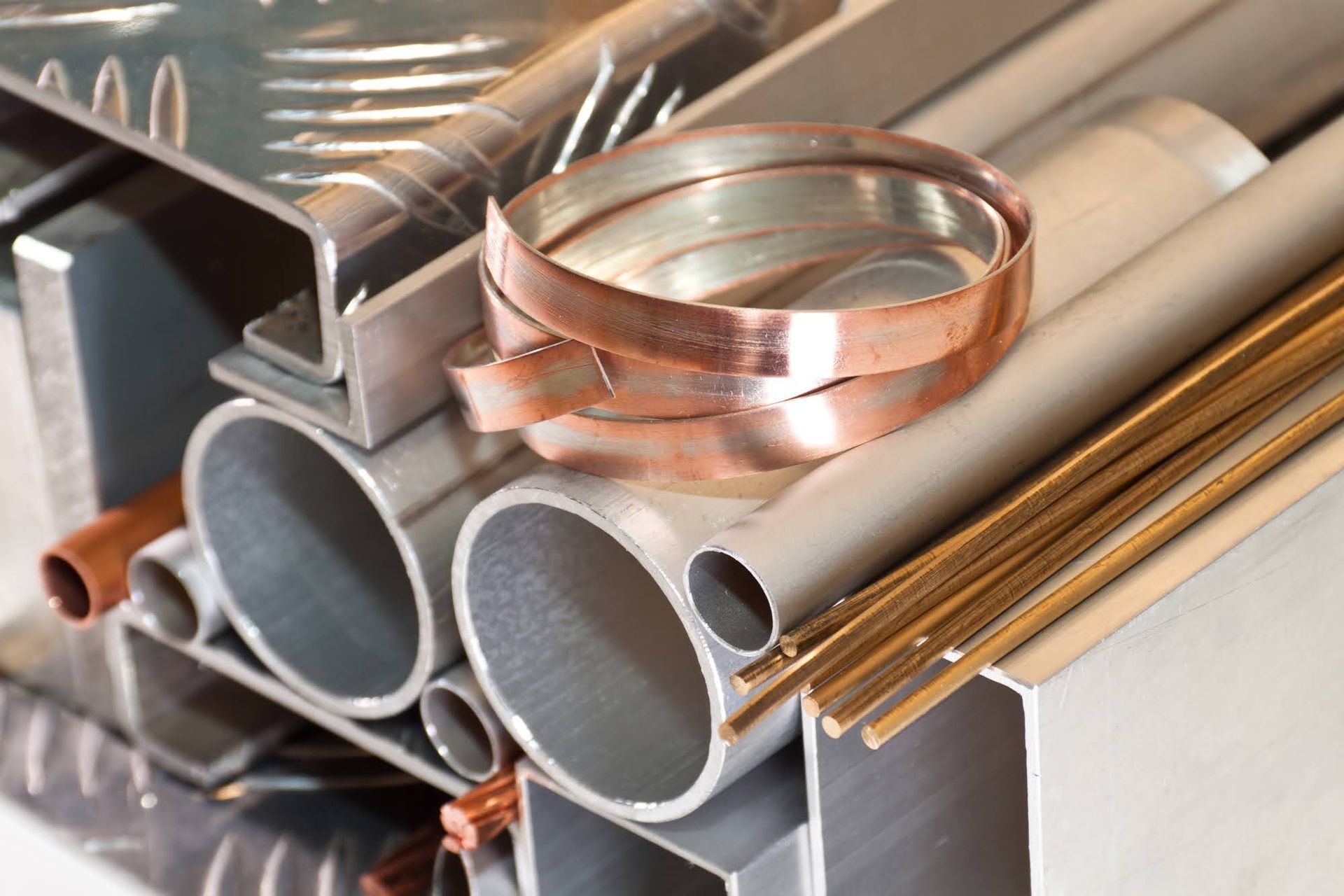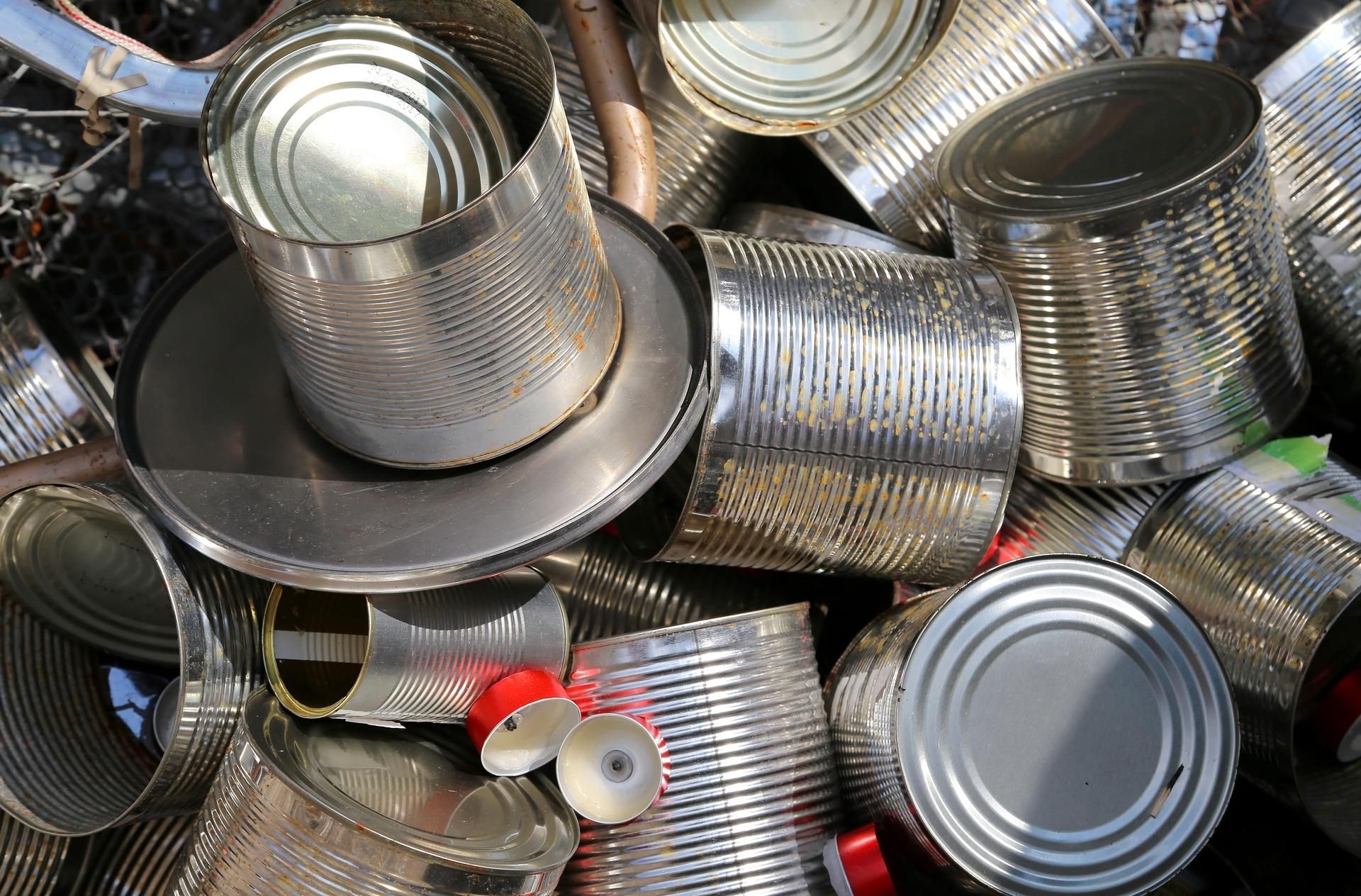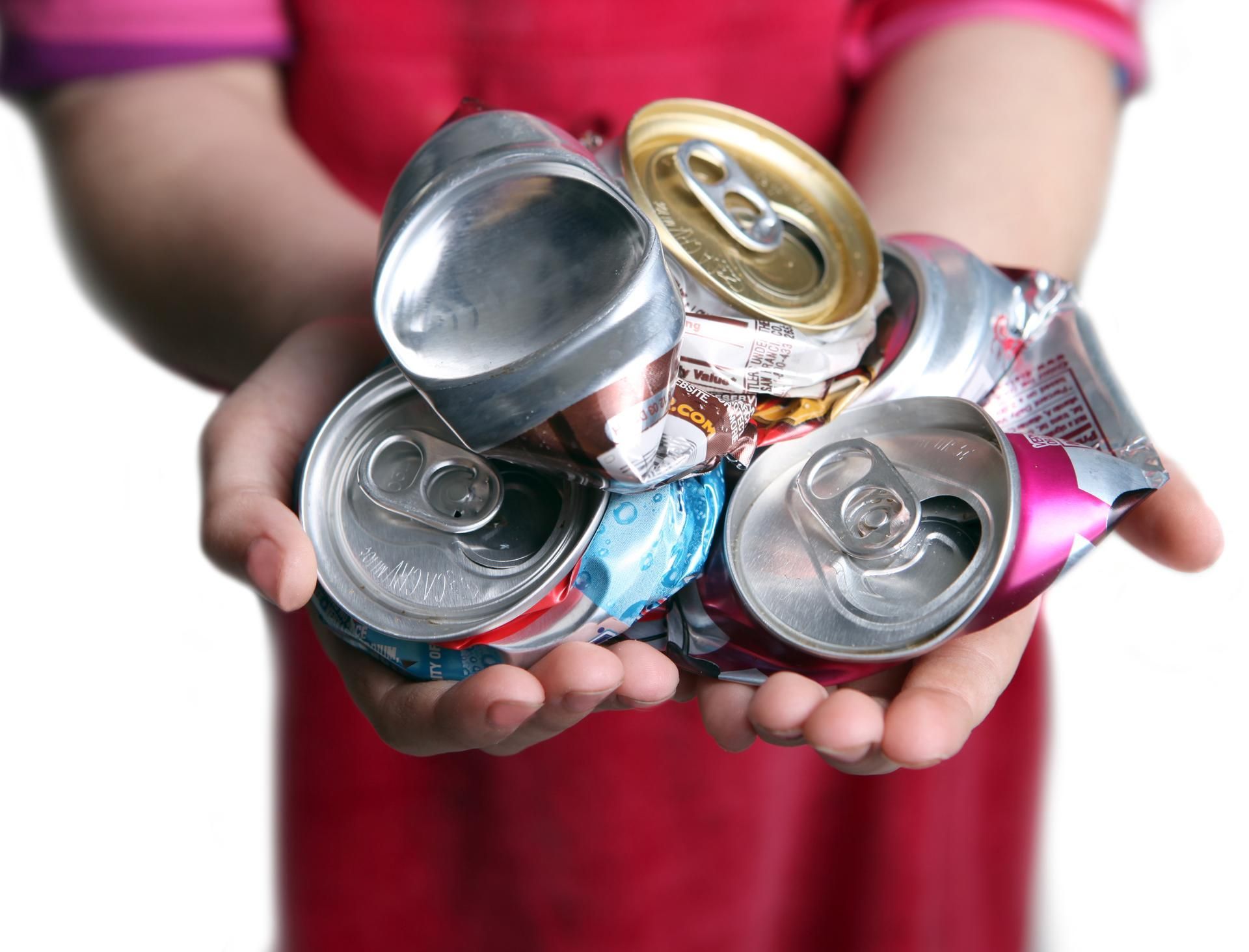The Difference Between Ferrous and Non-Ferrous Metals
When it comes to recycling, some of the most common terms you may come across are "ferrous" and "non-ferrous" metals. But what exactly do these terms mean? And why is it important to distinguish between the two when it comes to recycling? In this blog post, we'll dive into the world of ferrous and non-ferrous metals and explore their differences, as well as why recycling them is crucial for our planet.
What Are Ferrous Metals?
Ferrous metals are types of metal that contain iron as their main element. This includes popular materials such as steel and cast iron. These types of metals are typically magnetic and have a high level of strength and durability, making them ideal for use in construction, manufacturing and transportation industries.
What Are Non-Ferrous Metals?
On the other hand, non-ferrous metals do not contain iron as their main element. Instead, they are made up of a variety of elements including copper, aluminium, brass, lead, zinc and more. These metals tend to be less dense than ferrous metals and are often used in applications where weight is a concern.
The Differences Between Ferrous and Non-Ferrous Metals
Now that we know what makes these two types of metals distinct from each other, let's dive deeper into their differences. Some of the key differences between ferrous and non-ferrous metals include:
- Magnetic properties: As mentioned earlier, ferrous metals are magnetic whereas non-ferrous metals are not.
- Corrosion resistance: Non-ferrous metals tend to have a higher resistance to corrosion than ferrous metals, making them more suitable for outdoor applications.
- Density: In general, non-ferrous metals have a lower density than ferrous metals, making them lighter and easier to work with.
Why Is Recycling Ferrous and Non-Ferrous Metals Important?
Recycling is an essential part of reducing our impact on the environment and conserving natural resources. When it comes to ferrous and non-ferrous metals, recycling plays a crucial role in reducing the need for mining and extracting these materials from the earth.
By recycling ferrous metals, we can prevent the emission of harmful gases during the production process. Additionally, recycling reduces the amount of waste that ends up in landfills, reducing pollution and promoting a more sustainable future.
As for non-ferrous metals, they are highly valuable materials that can be recycled repeatedly without losing their properties. This helps conserve natural resources and saves energy and reduces greenhouse gas emissions.
How Are Ferrous and Non-Ferrous Metals Recycled?
The recycling process for ferrous and non-ferrous metals differs slightly due to their properties. Ferrous metals, such as steel and iron, are separated from other materials using a magnet and then crushed into smaller pieces. They are then melted down in a furnace and moulded into new products.
Non-ferrous metals, on the other hand, are sorted by type using various methods such as eddy currents or flotation tanks. Once sorted, they go through a similar process as ferrous metals where they are melted down and made into new products.
Tips for Recycling Ferrous and Non-Ferrous Metals
Here are some tips to keep in mind when it comes to recycling these two types of metals:
- Make sure you know what type of metal you are recycling. If you are unsure, consult with your local recycling centre.
- Clean the metals before recycling them to ensure better quality and easier processing.
- Check for any hazardous materials that may be attached to the metals, such as batteries or paint, and dispose of them properly.
- Consider purchasing products made from recycled ferrous and non-ferrous metals to support the recycling industry.
Ferrous and non-ferrous metals play a vital role in our daily lives, but it's essential to understand their differences when it comes to recycling. By separating these materials and sending them to be recycled properly, we can reduce our impact on the environment and promote a more sustainable future. So, the next time you come across these terms, you'll know exactly what they mean and why they matter in the world of recycling.
For more info, contact us at ADL Metal Pty Ltd.



